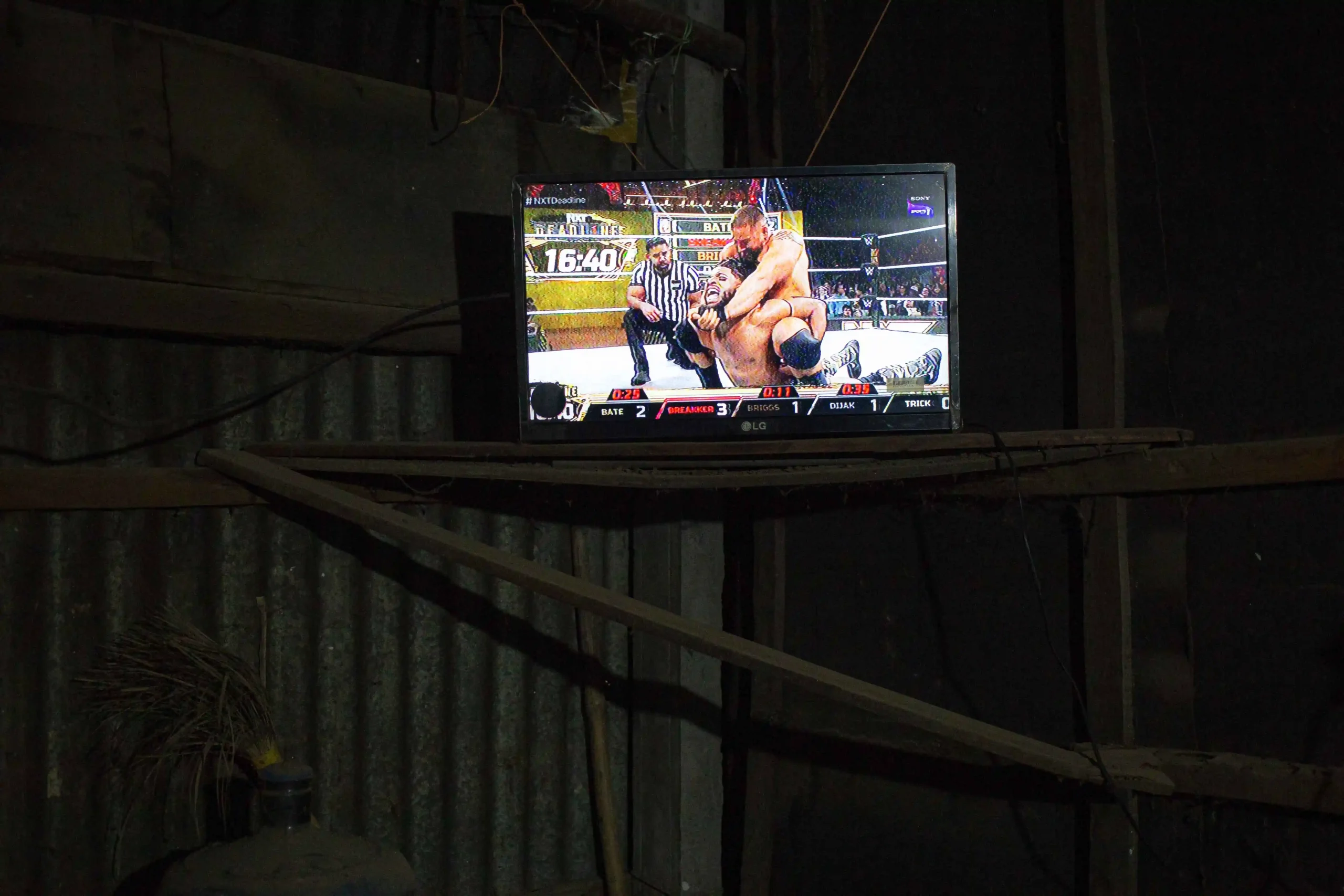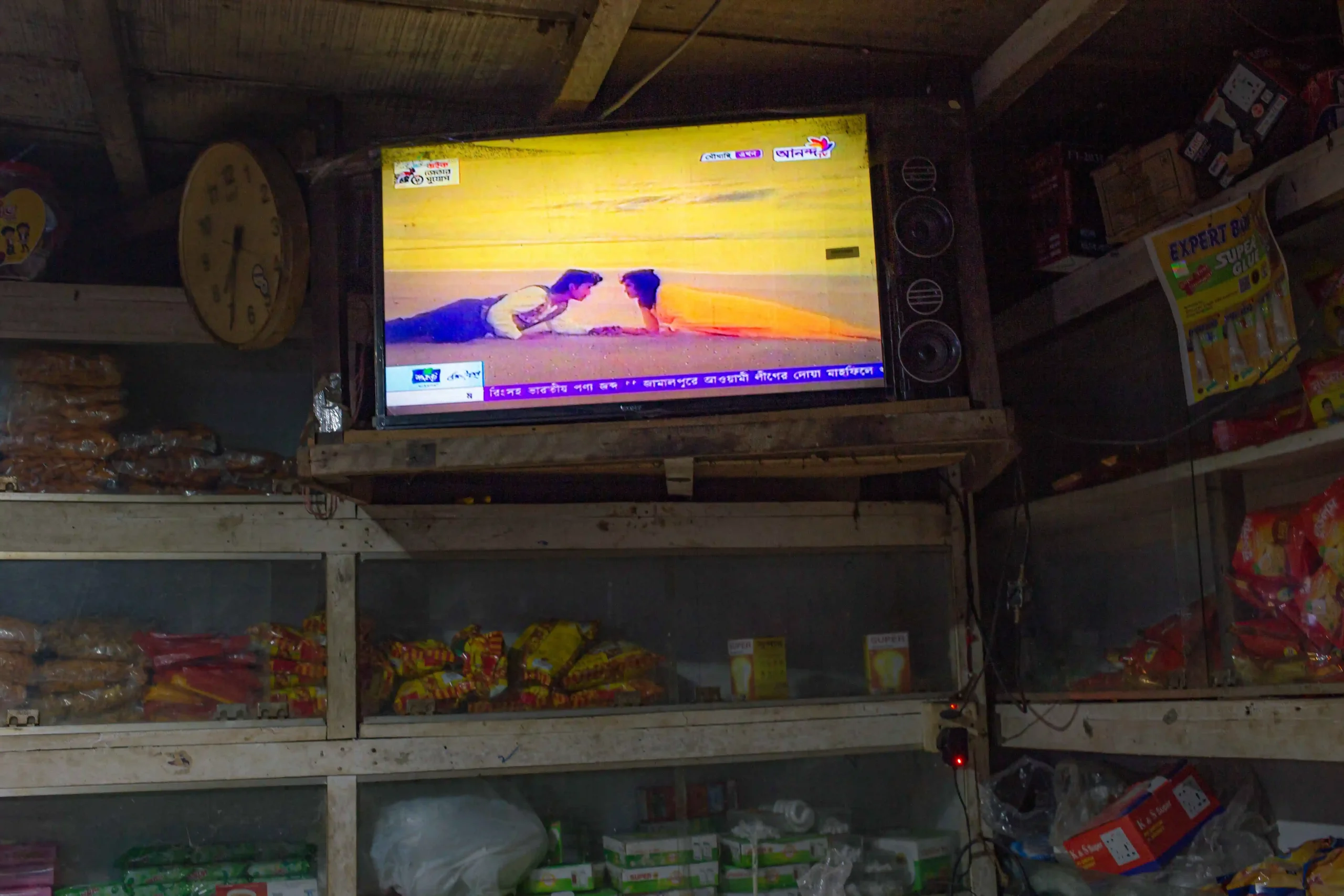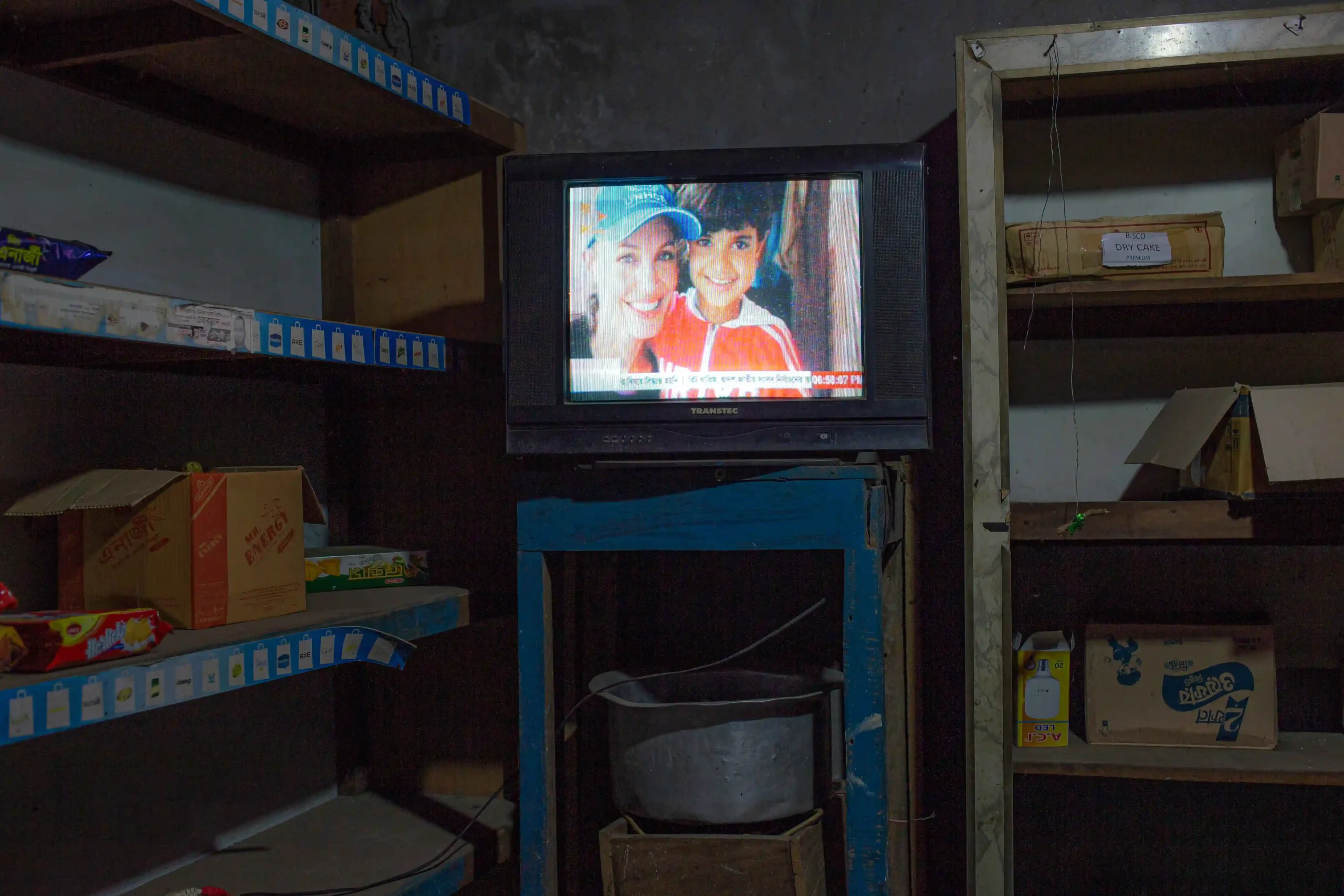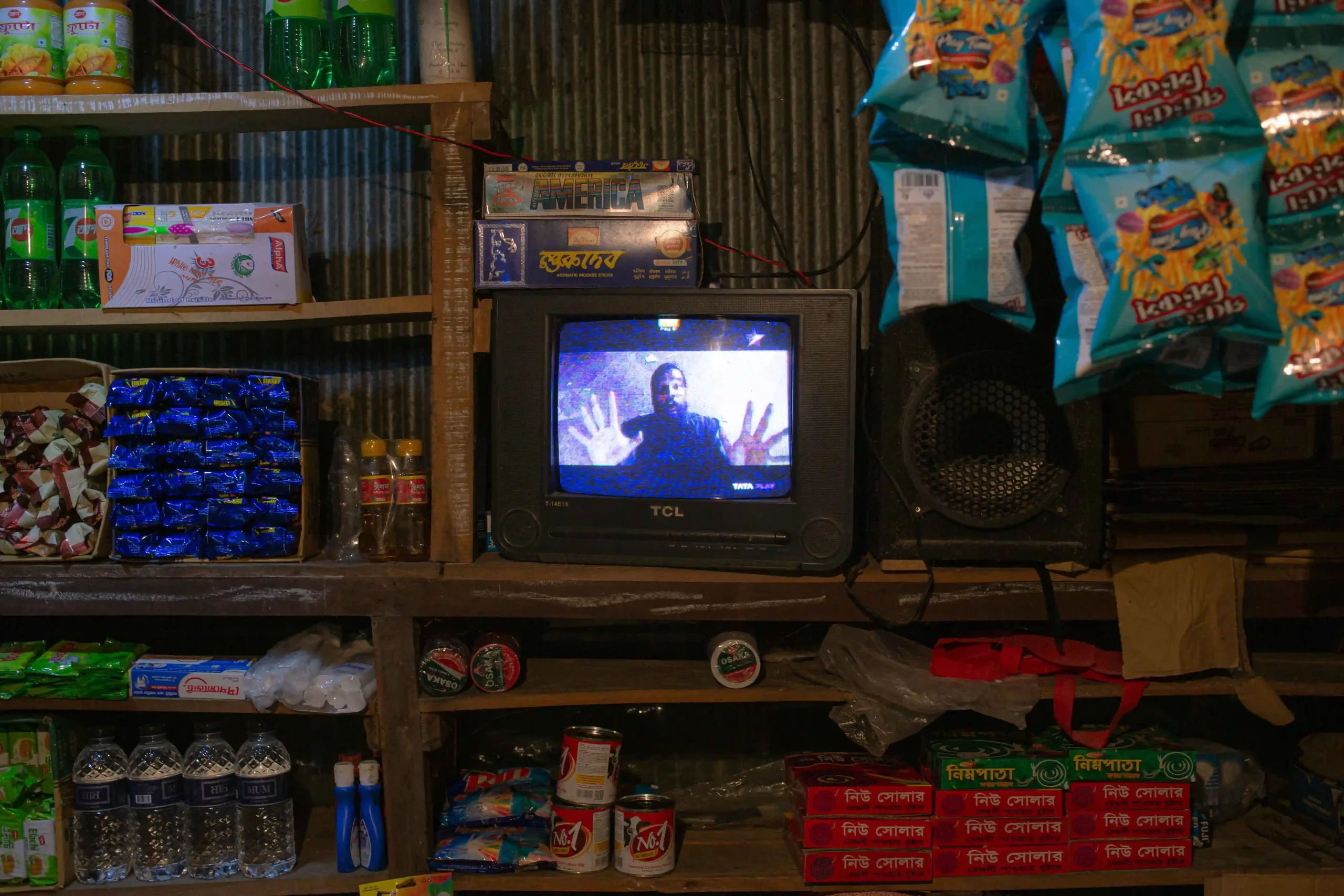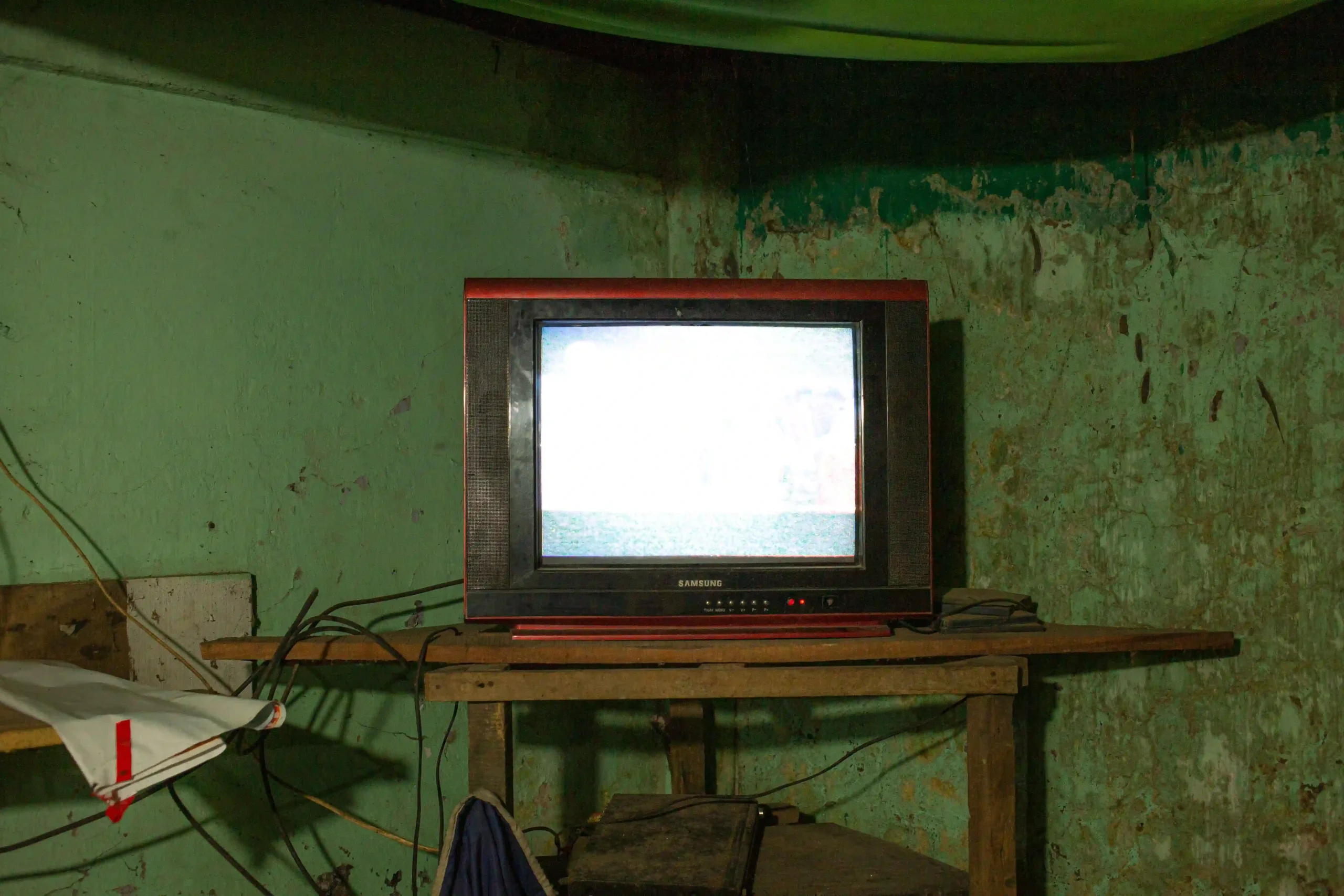There is an intriguing 19th-century science experiment: when you put a frog in a pan of boiling water, it quickly jumps out. However, when you place a frog in cold water and gradually heat it to a boil, the frog remains unaware of the danger and eventually boils to death. This phenomenon serves as a metaphor to illustrate how humans, when placed in certain conditions—even uncomfortable ones—can slowly become accustomed to them, rendering them unable to escape.
In Bangladesh, people often exhibit a duality in their behavior and taste ambiguity in their entertainment consumption. Engaging in political discussions at tea stalls is a familiar scenario. While they may passionately argue over political issues, they soon change the channel and immerse themselves in Bengali movies or serials, completely forgetting about the pressing matters in their country.
These films often lack political perspectives and frequently objectify female characters, perpetuating harmful stereotypes and distracting them from significant issues. This duality among the masses is striking. Do individuals possess a political perspective, or do they disregard these matters as long as they are not directly affected? How do the rising prices of commodities and the lack of freedom of speech impact their lives?
When we consider the media's responsibility in society, we must ask: What does this say about those movies? Entertainment media plays a significant role as an escape from a hectic life and a reflection of societal norms. Are we normalizing the control over our freedom and rights as citizens? Are we adapting to detrimental situations instead of raising our voices? Are we suffering from the boiling frog syndrome?




